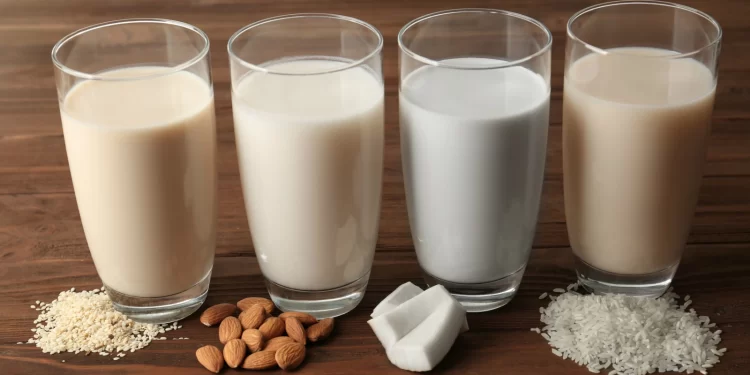So we still “got milk,” just not from cows! Plant-based milks have swept the food industry and consumers are absolutely here for them. A growing awareness that cow’s milk is unhealthy and ruinous of our environment has led to a wider variety of non-dairy alternatives on the market. Many people around the world are opting out of dairy and turning to plants instead.
Are plant-based milks truly healthier and better for the environment? We’ve broken down the most popular plant-based milks and their varying purposes for you!
Almond Milk
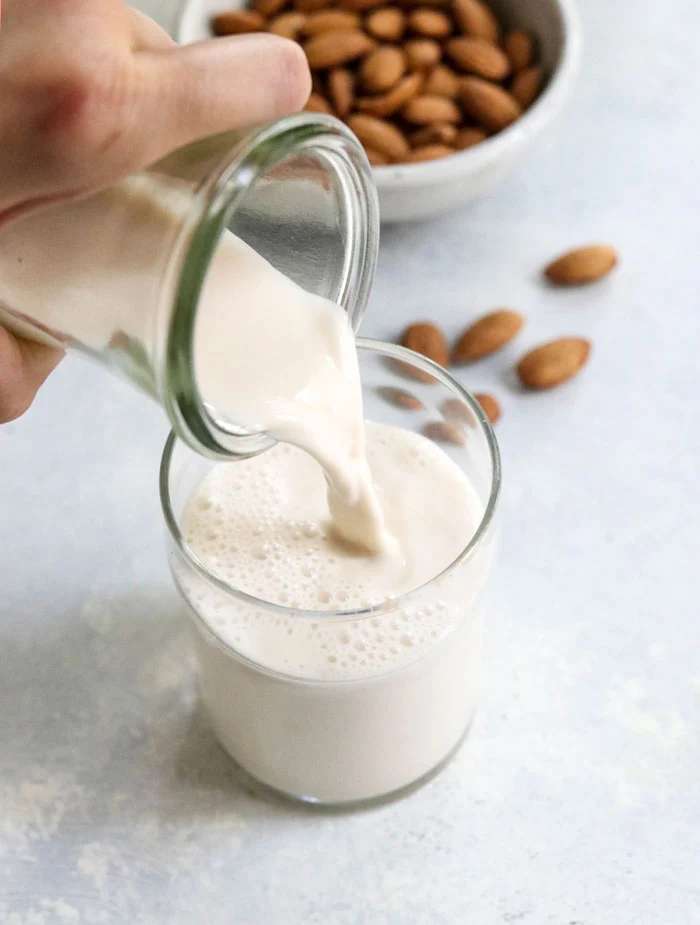
Flavor
Almond milk is extremely popular; often sold at all grocery stores and offered at most restaurants and cafés. It is known best for its nutty flavor and relatively thin consistency.
Sustainability
The production of a single almond requires 1.1 gallons or 4.2 liters of water. Surprisingly, only 2% of almond milk is made of almonds yet still, 371 liters of water are needed to produce one liter of almond milk. Therefore, it’s lacking in sustainability, especially in our drought-stricken climate.
Uses
Almond milk is best to use in coffees and lattes to add a raw undertone which balances well with bitterness. Additionally, almond milk is often used in smoothies for extra savory strength.
Oat Milk
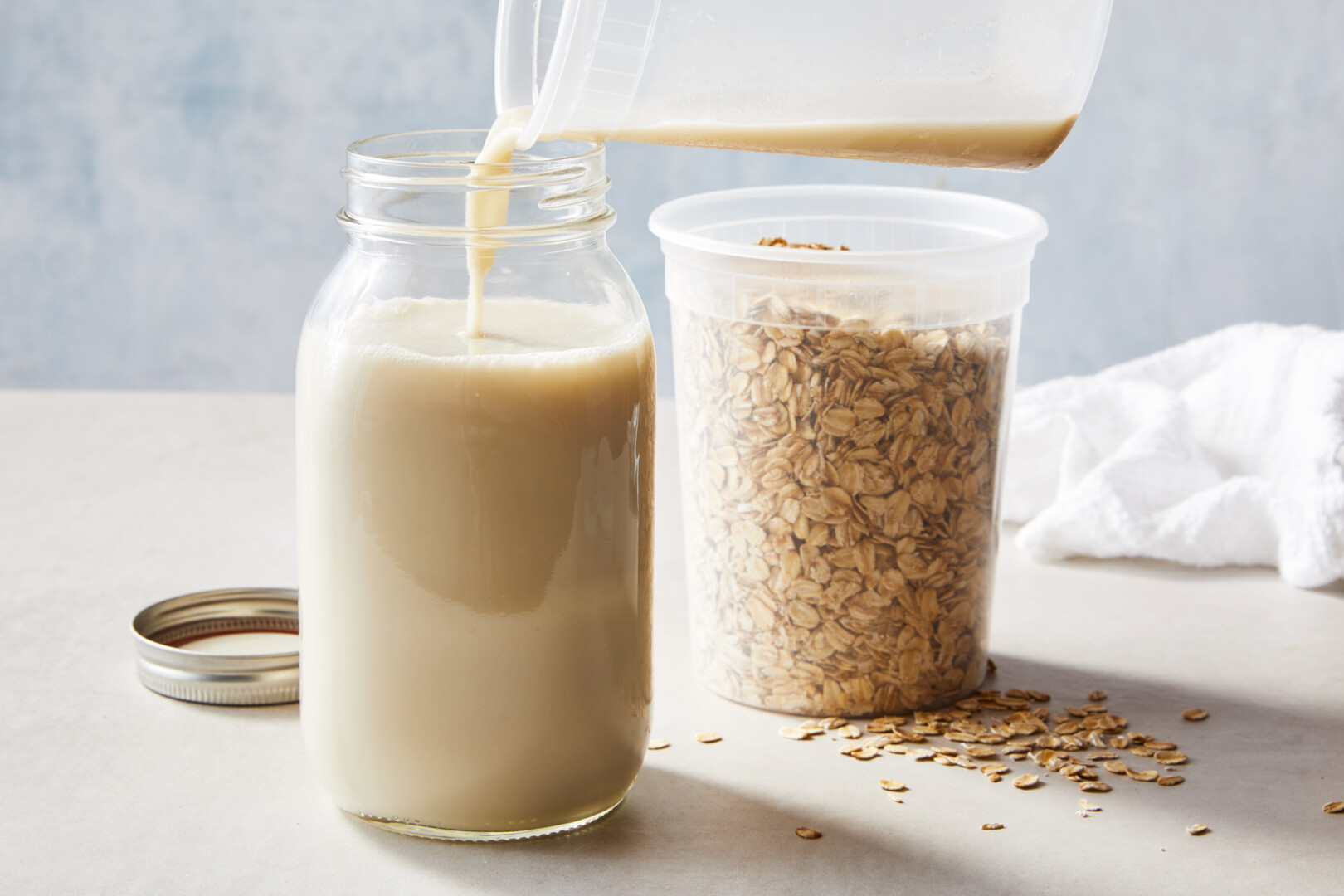
Flavor
Oat milk, a highly popular plant-based milk tastes just as it sounds, like oats. It’s sweet and creamy; illuminating a rich and delectable flavor.
Sustainability
Oat milk requires little water during production, making it the most sustainable plant-based milk. For every cup of oats, only six cups of water are needed. It’s very easy to make at home and requires just five ingredients. Simply blend the oats with filtered water, vanilla extract, maple syrup, and salt, to taste, for 30 seconds. Naturally strain the mixture and stir into your cup.
Uses
Due to its velvety consistency and natural sweetness, oat milk is commonly used in ice creams and frostings. Most obviously, it is great in oatmeal, advancing the oat flavor, and additionally tastes delicious with most cereals.
Coconut Milk
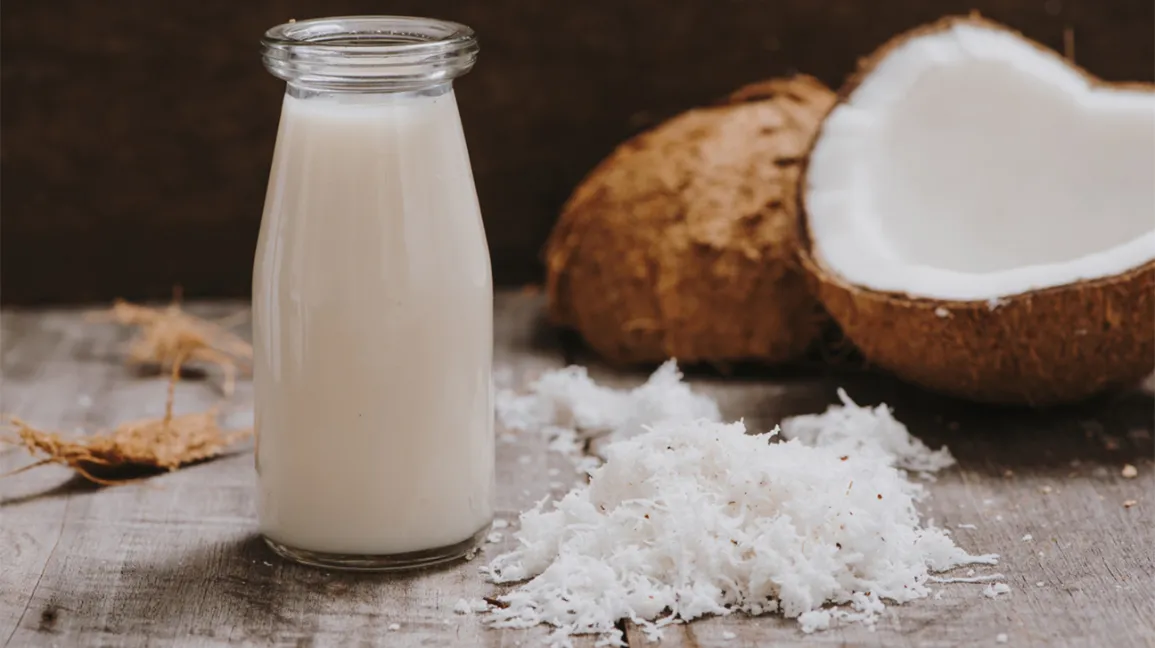
Flavor
Coconut milk is the perfect balance of nutty sweetness. It’s light and smooth making it the perfect contrast to strong flavors you’re looking to tone down.
Sustainability
The sustainability of coconut milk is moderate in that it does not requires excessive amounts of water in comparison to dairy milk but can only be grown in tropical areas on land that supports coconut trees. While the tree absorbs carbon dioxide, there is limited land suitable for its growth.
Uses
Consider substituting coconut milk in your next matcha latte to subdue bitterness and soften the texture.
Soy Milk
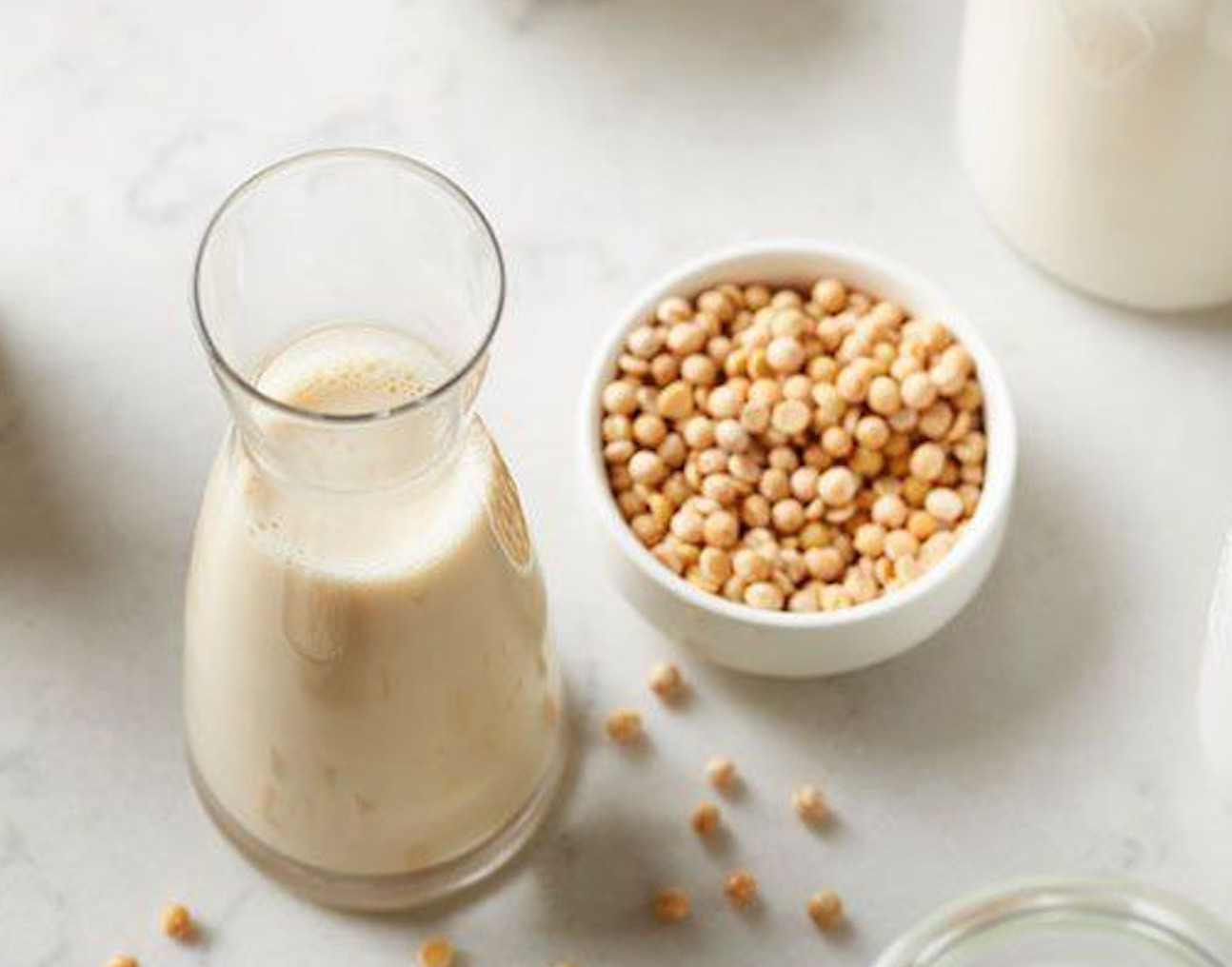
Flavor
Soy milk has a beany taste that coats the palette. It’s distinctive smell and darker hue certainly distinguishes it from the rest of the non-dairy alternatives.
Sustainability
The United States and Brazil are the world’s biggest suppliers of soybeans. Their growth does not require much water, increase global warming potential, or require excessive land-use making soy milk a sustainable non-dairy alternative.
Uses
Soy milk is most used in protein shakes and powders. It’s high in protein and low in fat which boosts energy levels without weighing you down, perfect for pre- or post-gym fuel.
Hemp Milk
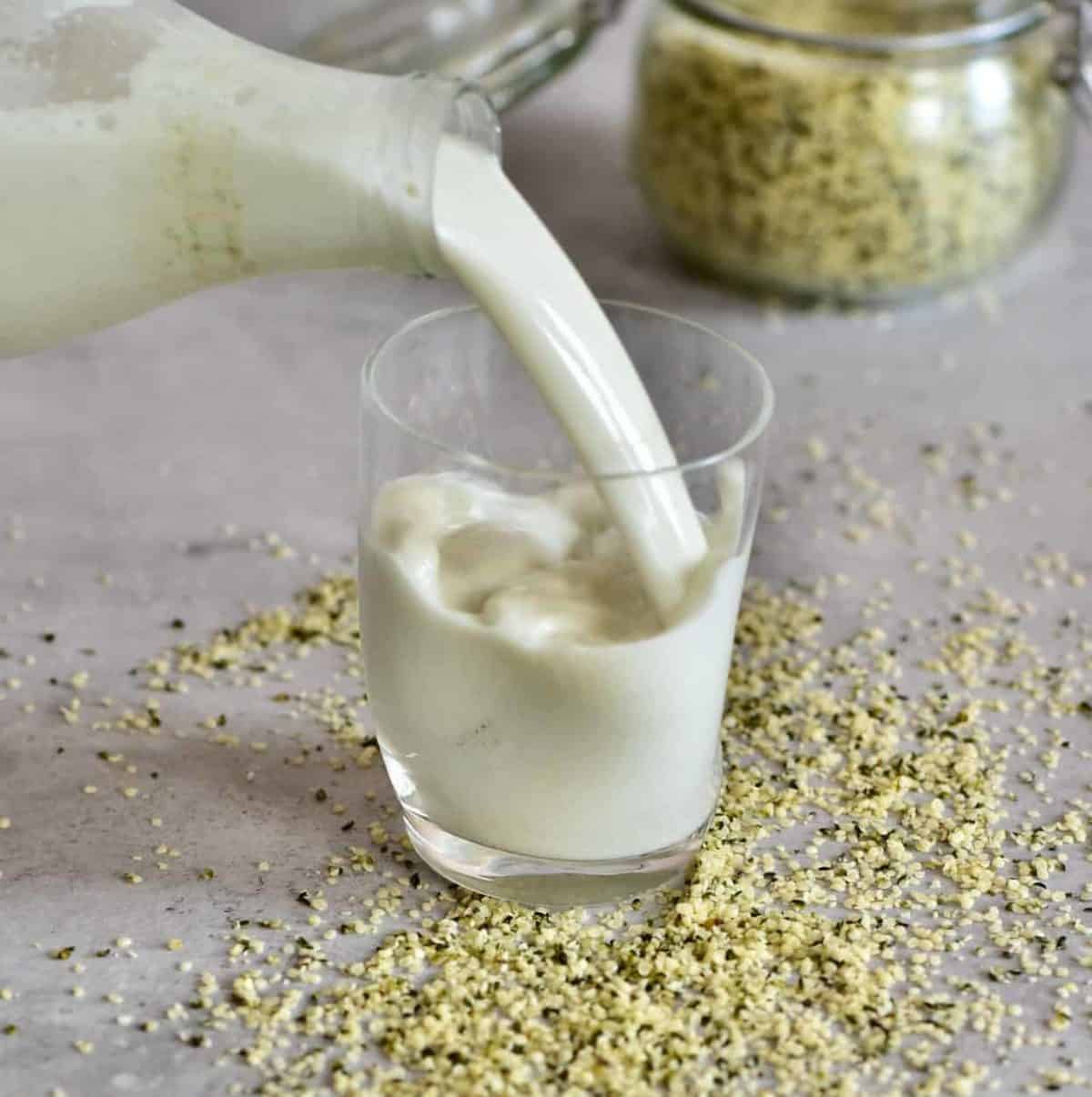
Flavor
Hemp milk exudes an earthy flavor with a hint of natural sweetness. It’s stronger than other nondairy milks but light and delicious. Hemp is rich in Vitamin A and contains more calcium than dairy milk.
Sustainability
Hemp seeds grow deep roots which improve soil quality and suppresses the growth of weeds reducing the need for herbicides and pesticides. Their processing requires less water than almond or dairy milk but more than soy.
Uses
This milk could be used for protein pancakes or waffles. Its nutty flavor pairs nicely with a buttery batter and fluffy textures.
Rice Milk
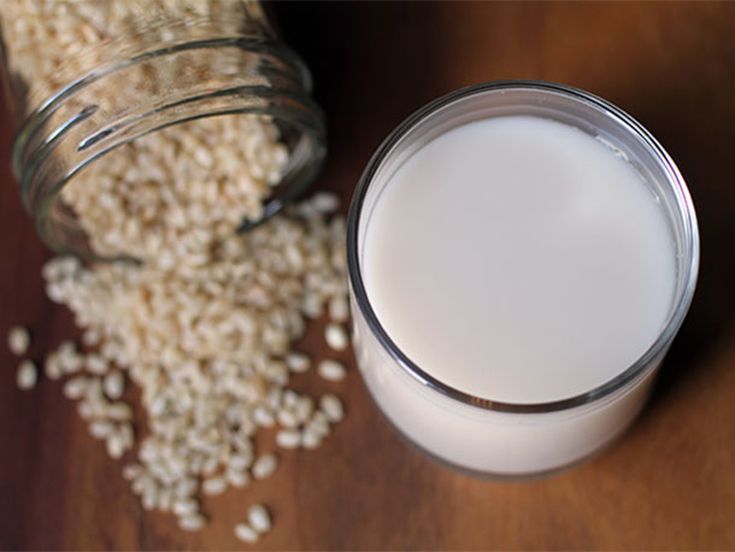
Flavor
The consistency of rice milk is quite watery and thin. It has a mild taste and is naturally sweet from the diffusion process of the white or brown rice.
Sustainability
Rice milk is unsustainable because it requires an enormous amount of water and land but still less than dairy milks. Additionally, it is associated with higher greenhouse gas emissions than other plant-based milks.
Uses
Unfortunately, rice milk can curdle in hot teas and coffees and therefore should be avoided. Instead, it is best paired with sweet fruits or spices like cinnamon. Rice milk blends effortlessly into a banana smoothie or creamy oatmeal.
Now with so many options, discovering the milk you prefer can be time consuming and costly. Each milk varies in taste, consistency, and even color, permitting certain milks to work better for certain recipes.
Editor’s Note: The opinions expressed here by Impakter.com columnists are their own, not those of Impakter.com. — In the Featured Photo: plant-based milks. Featured Photo Credit: Grist www.grist.org 1,600 × 900.


